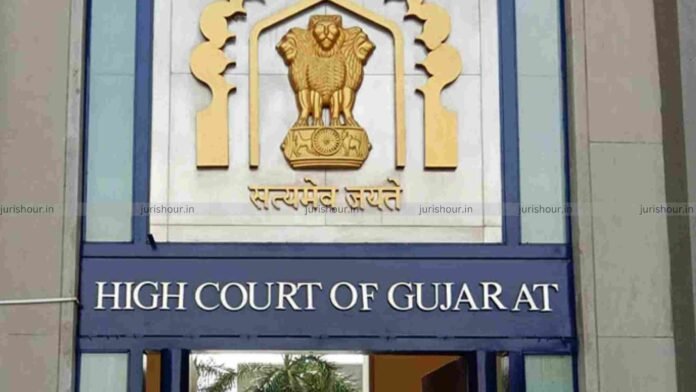The Gujarat High Court has held that an appeal manually filed by a Non-Resident Indian (NRI) must be treated as a “pending appeal” for the purposes of the Direct Tax Vivad Se Vishwas Scheme, 2024 (DTVSV Scheme, 2024) (, even if not filed online as per Rule 45 of the Income Tax Rules.
The Bench of Justice Bhargav D. Karia and Justice Pranav Trivedi quashed the rejection of the petitioner’s declaration filed under the DTVSV Scheme, 2024 and directed the tax authorities to process it within 12 weeks.
The petitioner, an NRI, had challenged an assessment order for AY 2012–13, where an addition of ₹32.71 lakh was made under Section 69A of the Income Tax Act, 1961 following reassessment proceedings under Section 147. Since the petitioner’s PAN was not linked with Aadhaar, she could not file the appeal online and therefore submitted Form 35 manually before the Commissioner of Income Tax (Appeals) on June 4, 2020.
Subsequently, the petitioner applied for settlement under the DTVSV Scheme, 2024 by filing Form 1, asserting that her appeal was “pending” as of the specified date, July 22, 2024, as required by the scheme.
However, the authorities rejected her declaration on January 21, 2025, claiming that no valid appeal was pending before the CIT(A) on the specified date, as the manual filing was not in accordance with Rule 45, which mandates electronic filing of appeals.
The Court observed that the DTVSV Scheme’s objective was to reduce pending tax litigation and generate timely revenue, not to reject declarations on hyper-technical grounds. Citing FAQ No. 36 issued by the CBDT through Guidance Note No. 2/2024 (dated December 16, 2024), the Bench emphasized that even if an appeal was disposed of or later found invalid, it would still qualify for settlement under the scheme if it was pending as of July 22, 2024.
Justice Karia, writing the judgment, stated that the validity or competence of the appeal was not for the Designated Authority to decide at the stage of processing the declaration. The Court drew parallels with earlier decisions in Tushar Agro Chemicals v. PCIT (2022), Atul Roshanlal Gupta v. PCIT (2024), and Neelaben Ghanshyambhai Parmar v. PCIT(2025), reaffirming that even irregular or time-barred appeals are to be treated as pending for the purpose of such amnesty schemes.
Holding that the rejection was unjustified, the Court ruled, “the respondent-authority was not justified in rejecting the declaration in Form No.1 filed by the petitioner under the DTVSV Scheme, 2024, on the ground that appeal filed by the petitioner was invalid as it was not filed online.”
Accordingly, the impugned communication dated January 21, 2025, rejecting the petitioner’s declaration, was quashed and set aside. The department was directed to process the declaration within 12 weeks in accordance with the scheme’s provisions.
Case Details
Case Title: Tejal Mayur Rao Versus Principal Commissioner Of Income Tax 1 & Ors.
Case No.: R/Special Civil Application No. 7839 Of 2025
Date: 07/10/2025
Counsel For Petitioner: Hiren J Trivedi
Counsel For Respondent: Maithili D Mehta

